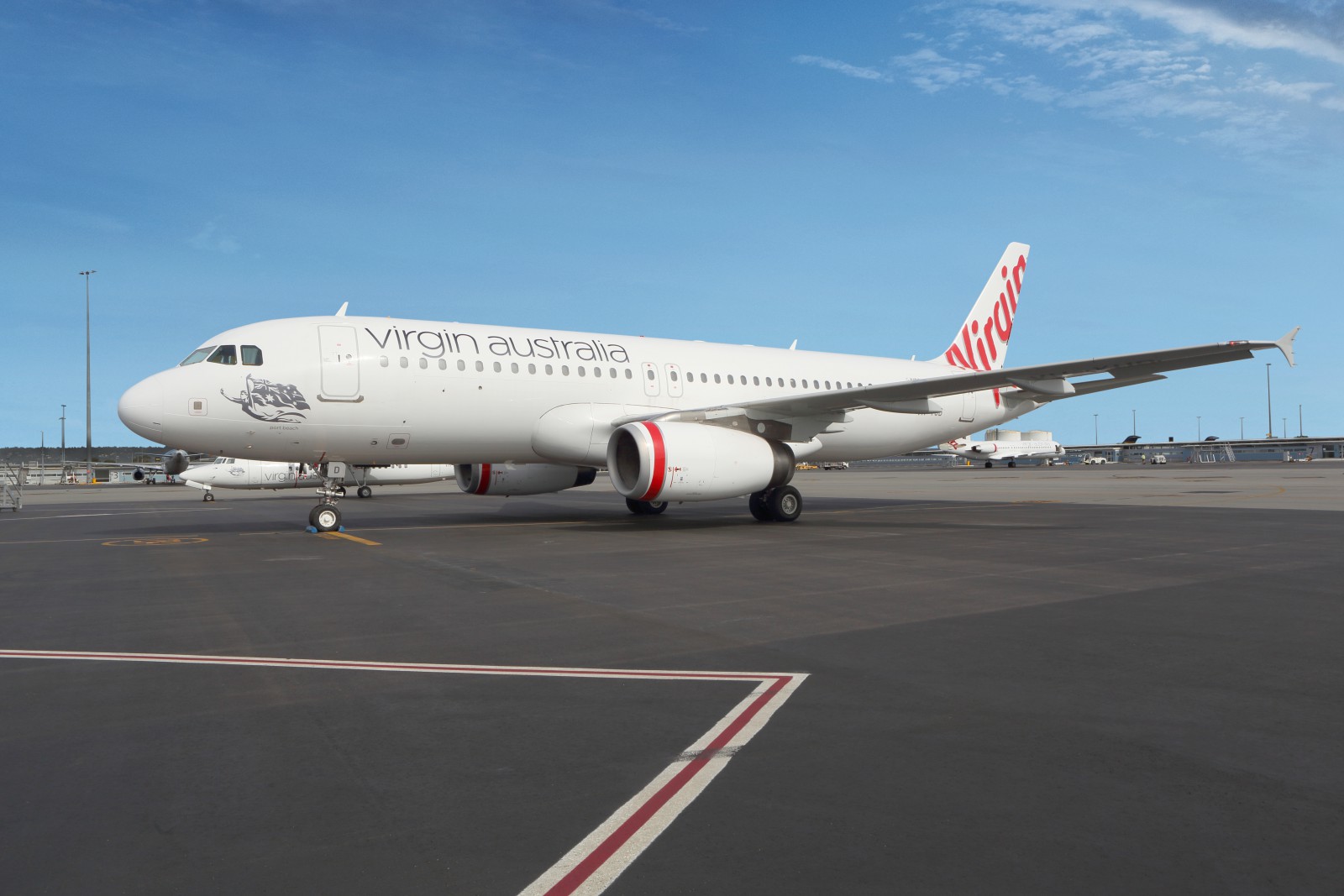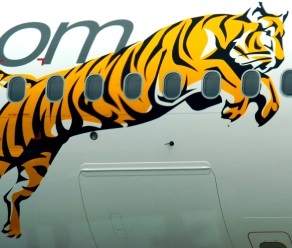Virgin profit warning on weaker Aussie passenger demand
20 May, 2019
4 min read
By joining our newsletter, you agree to our Privacy Policy


Virgin Australia is cutting flights after issuing a profit warning that underlying earnings for the 2019 financial year will fall by $A100m due to weaker demand in the Australian domestic market.
The airline said in an ASX announcement on May 17 that it had started a network review in response to changing trading conditions and had made “some immediate adjustments to capacity and frequency of services to better align with demand conditions.”
The Australian carrier recorded underlying earnings of $A64.4m in the 2018 financial year but now expects FY19 figure to be more than $A35m in the red.
READ: Qantas sells Melbourne terminal sees mixed domestic demand.
It said this reflected the uncertain trading conditions in the domestic market as well as annual fuel and foreign exchange headwinds of more than $A160m.
Demand had weakened in both the corporate and leisure sectors, it said, driven by lower levels of consumer and business confidence as well as reduced consumer spending and the impact of the federal election.
Although it expected revenue growth of 6 percent for the full year, revenue growth had moderated throughout the second half and it now expected growth for the remaining months of 2018-19 to be less than 2 percent.
“While we have continued to grow revenue, this announcement shows that our business needs to become more resilient to challenges such as weaker demand, high fuel prices and the foreign exchange environment,’’ chief executive Paul Scurrah said.
“There is a lot of work to be done to develop our new strategy that will help position the group for long-term success.
“In the meantime, we are focussed on short-term improvements including capacity and network reductions to ensure we are better meeting current demand from the corporate and leisure sector.”
The Virgin statement comes after Air New Zealand reported softening demand and Qantas said it was looking mixed.
Earlier in the week, Virgin part-owner Singapore Airlines reported record revenue of $S16.3 billion but a 47.5 percent fall in group net profit to $S683m for the 2018-19 financial year.
READ: Asia-Pacific airlines saw 2018 profits halve to $US5 per passenger.
Operating profit fell $S482m to $1.07 billion but the company said the group’s underlying performance was strong against a $S1 billion increase in fuel cost and lack of the one-off items that helped the previous year’s result.
Flown revenue growth was up $829 million, with passenger flown revenue improving $784 million (+6.4 percent), lifted by traffic growth of 8.5 percent with a 6.4 percent increase in capacity.
“Notwithstanding the significant expansion in capacity, a new revenue management system and revamped pricing and sales processes helped enable RASK (measured in revenue per available seat-kilometre) to hold steady against last year,” the airline said.
“Passenger load factor rose 1.6 percentage points to 83.0percent, a record for the Group.
“Cargo flown revenue for the year improved $45 million (+2.1 percent), as cargo yield growth (+5.7 percent) was more than sufficient to offset lower loads carried (-3.5 percent in a softening trade environment. “
Looking ahead, SIA said were forward passenger bookings were tracking positively against capacity injection.
“Most key markets, including those that have seen significant capacity growth such as the US, Japan, Indonesia and New Zealand, continue to grow at a healthy pace,’’ it said.
“However, China’s international traffic growth rates have softened, at a time of increased supply in the market.
“Notwithstanding the current demand picture, ongoing trade disputes and slowing economic growth in key markets pose uncertainty to the operating environment.
“Efforts will be made to capture opportunities and mitigate any arising weaknesses in both cargo and passenger segments.
“Fuel cost headwinds may persist on supply risks in the oil market. However, the SIA Group’s significant fuel hedges should help to mitigate the effect of higher fuel."
SIA also noted that the Boeing 737 MAX suspension and issues with Rolls-Royce Trent 1000 TEN engines would slow capacity growth to 6 percent in the year ahead.
Next Article
3 min read
Virgin gets nod for Tiger deal

Get the latest news and updates straight to your inbox
No spam, no hassle, no fuss, just airline news direct to you.
By joining our newsletter, you agree to our Privacy Policy
Find us on social media
Comments
No comments yet, be the first to write one.
